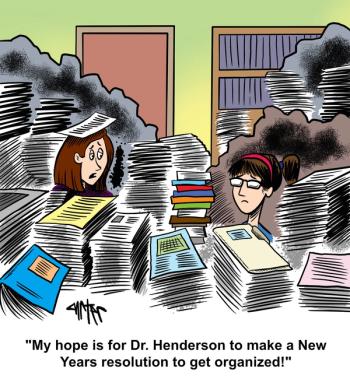
Doctors can be a bit disorganized at times...

Lessons learned from a physician
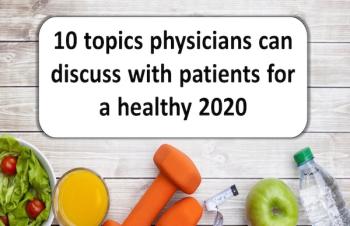
Start a helpful conversation with these topics.

CMS now requires Medicare, Medicaid and Children’s Health Insurance Program (CHIP) providers and suppliers to disclose certain affiliations they may have with other providers and suppliers who are considered “bad actors.”
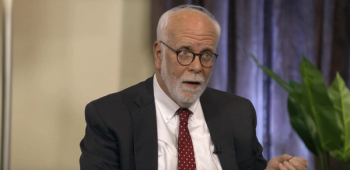
Frederick M. Cummings, JD, a medical malpractice attorney with Dickinson Wright, discusses proactive strategies for preventing a malpractice lawsuit.

Despite high performance in medical school, 80 percent showing signs of burnout.

There are strategies doctors can adopt before-and after-signing a contract to avoid problems with non-compete issues
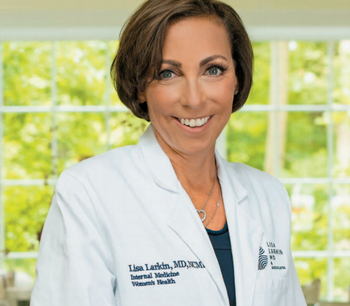
An honorable mention in this year's contest.

As healthcare has evolved from strictly fee-for-service toward more value-based care models, these laws can make it difficult for physicians to coordinate care for a patient across facilities.
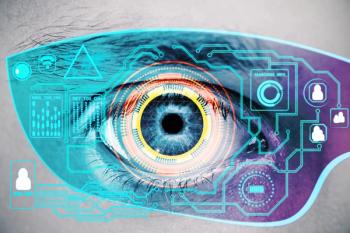
The findings may be a good sign for the future of telehealth services.

University of Georgia researchers secured a multi-million grant to create a better flu vaccine.

What health professionals need to know about coordination of benefits strategies for collecting revenue, including liability revenue


Many physicians are unhappy with their EHRs. But how do you know when it’s time to change?

Reimbursement trends every doctor needs to know

Patient attitudes can often be more challenging than their health conditions. Here are strategies to deal with the most common issues.

The annual exam is significantly underutilized, but provides opportunity for both physicians and patients to make preventive care a priority.

Understand the details of obesity counseling to maximize reimbursement and positive patient outcomes.

Patient experience showed a modest decline in hospitals which were acquired between 2009 and 2013.
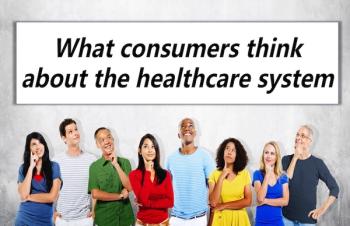
A recent study provides insight into public opinions about healthcare.

Like caring for your patients’ physical health, the first step in managing your own financial health is gathering data and creating your roadmap for success.

A new year brings new challenges.

The ruling left physician groups concerned that their patients will face continued uncertainty about their insurance coverage

How to reduce the compaints from Medicare patients who want multiple issues addressed in one visit.

Medical Economics counts down the top challenges facing physicians in 2020.

Medical Economics counts down the top challenges facing physicians in 2020.

Medical Economics counts down the top challenges facing physicians in 2020.

Medical Economics counts down the top challenges facing physicians in 2020.
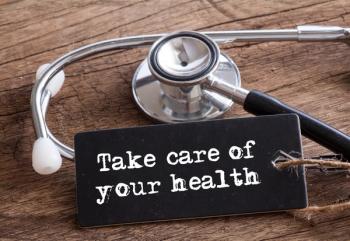
Medical Economics counts down the top challenges facing physicians in 2020.

Medical Economics counts down the top challenges facing physicians in 2020.